Ms. Le Thi Nguyet classifies household waste at source - Photo: HN
Ward 5 (Gio Linh town) is considered one of the bright spots of Gio Linh district in implementing the work of classifying household waste at source. Mr. Le Nhat Minh, Party cell secretary, Ward head of Ward 5, said that in recent times, the ward has always focused on promoting the dissemination of the Law on Environmental Protection to the people, focusing on the content of classifying household waste. The ward also mobilized more resources to buy more than 140 public trash bins placed on 4 streets, helping people to dispose of waste conveniently.
Ms. Le Thi Nguyet - a resident in the neighborhood - shared: “Previously, I often put household waste in a plastic bag. When being informed about implementing the regulations of the Law on Environmental Protection on classifying household waste at source, my family has classified solid household waste right at home by putting plastic bottles, waste paper, waste metal... into a separate container for the children to sell to raise money to save money to raise piggy banks; using leftover food to raise pigs and chickens; digging holes to treat wastewater; organic waste such as leaves and agricultural by-products will be used as fertilizer for plants in the garden. I see that classifying waste right at the source brings many environmental and economic benefits to the family, strictly complying with regulations on environmental protection, building a green, clean and beautiful landscape from the house to the street”.
For the first time, the principle of classifying household waste is stipulated in the Law on Environmental Protection 2020, including solid waste that can be reused and recycled; food waste and other household solid waste.
According to Deputy Director of the Department of Agriculture and Environment Nguyen Huu Nam, the Law on Environmental Protection 2020 and documents guiding the implementation of the law clearly stipulate the obligation to classify household waste of each family and individual. “This classification reduces the amount of waste released into the environment, saves collection, transportation and treatment costs; reduces the amount of landfill waste, saves land resources; reduces environmental pollution. Sorting waste at the source will increase the amount of waste recycled, reused, utilized, save resources, bring economic benefits to families, and raise funds for community activities,” said Mr. Nam.
From the beginning of 2025 to present, the Department of Agriculture and Environment has advised the Provincial People's Committee to issue a project on classifying domestic waste at source and regulations on waste management; develop and organize the collection of opinions on the draft "Report on current situation and proposal to apply "technical processes" and "economic - technical norms" on collection, transportation and treatment of domestic solid waste; establish, appraise and approve the price plan for collection, transportation and treatment of domestic solid waste in the province. The work of classifying waste at source has initially achieved some positive results.
Since 2024, the department has guided the implementation of classifying domestic solid waste at source and collecting recyclable waste at more than 160 preschool and primary schools in the districts of Vinh Linh, Gio Linh, Cam Lo and Dong Ha city.
Currently, the department is developing a plan to expand the activity of classifying domestic solid waste at source and collecting plastic waste in schools in the districts of Hai Lang, Trieu Phong, Dakrong, Huong Hoa and Quang Tri town. According to statistics, in November and December 2024, the unit collected and transferred about 6 tons of recyclable waste, including nearly 3 tons of milk cartons; in the first quarter of 2025, it collected and transferred about 8.3 tons of recyclable waste, including about 5.7 tons of milk cartons.
However, in reality, the work of classifying waste at source still faces many difficulties. In some localities, the implementation of training and propaganda on classifying waste at source is still slow, the awareness of a part of the people, organizations and units about the work of collecting, transporting and treating waste is still limited; compliance with regulations on environmental protection, payment of fees for collection and transportation of domestic waste... is still not guaranteed. Most localities do not have enough potential to meet the requirements for collecting, transporting and treating waste after sorting at source. Sorting waste at source is only carried out by a small part of the people, while the majority of people still do not grasp the information, or know the purpose and necessity of classifying waste at source but have difficulty in implementing it.
In order to effectively implement waste classification at source, it is necessary to continue to promote propaganda and training to raise public awareness of domestic solid waste management. The propaganda content must closely follow the provisions of the Law on Environmental Protection. Develop and replicate pilot models of waste classification at source to create a positive ripple effect in the community. Localities, collectors, transporters and processors need to increase resources, facilities, equipment, invest in collection, transport and treatment technology, apply information technology solutions in domestic solid waste management; at the same time, pay attention to guiding and supporting people to form the habit and maintain sustainable waste classification at source.
Hoai Nhung
Source: https://baoquangtri.vn/can-quan-tam-ho-tro-phan-loai-rac-sinh-hoat-tai-nguon-193544.htm


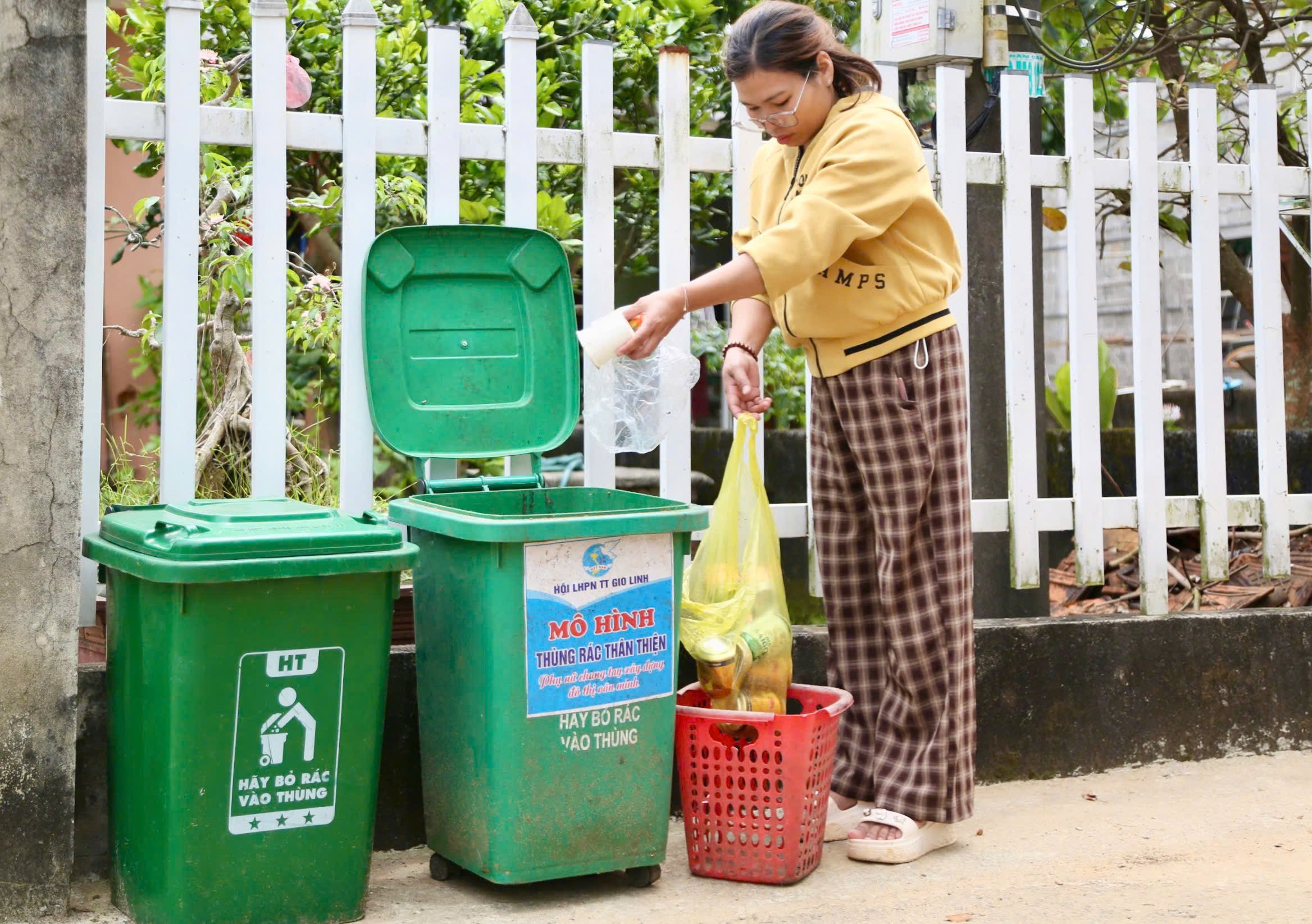

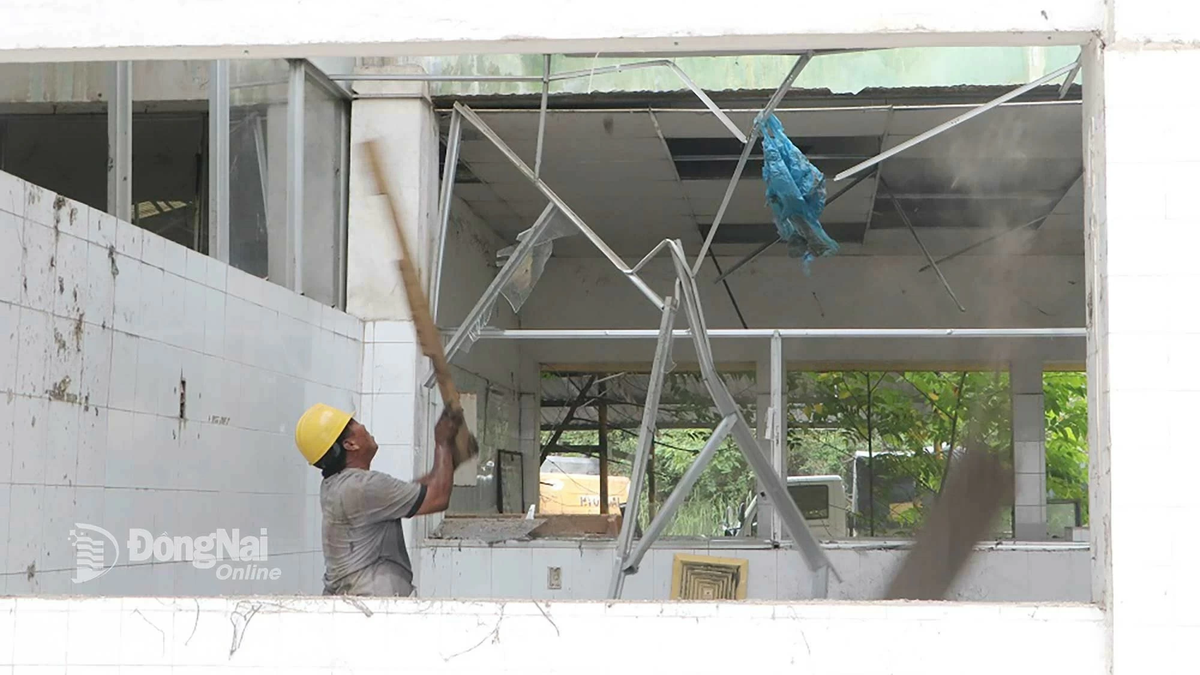

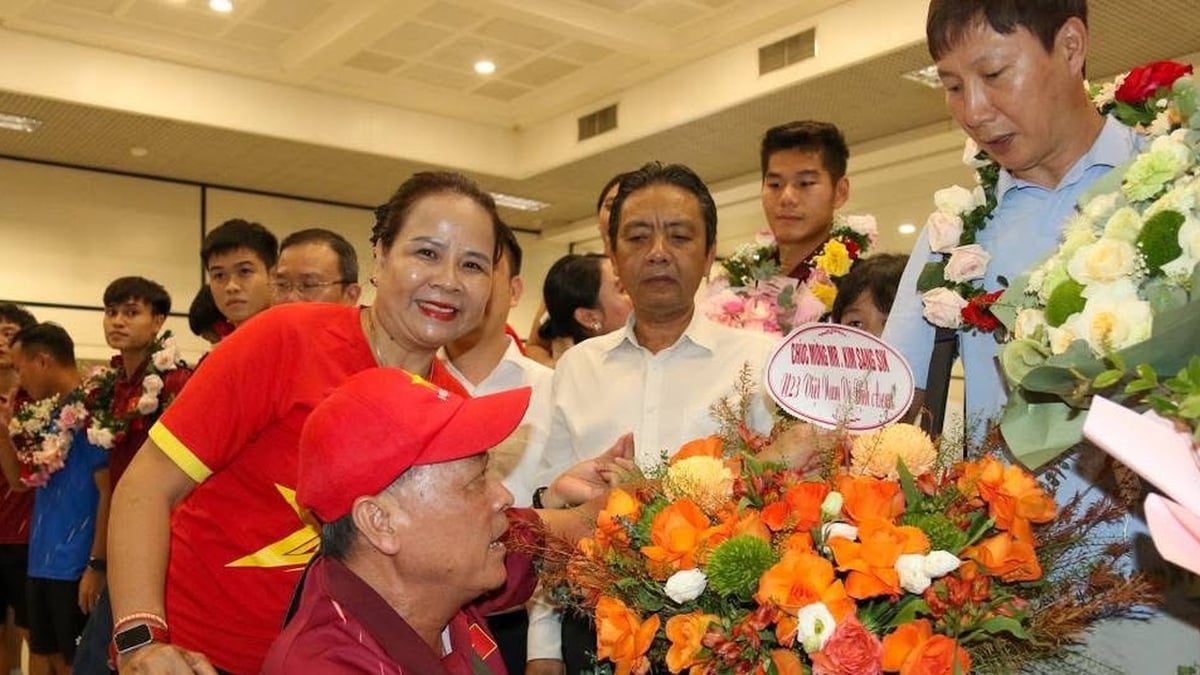
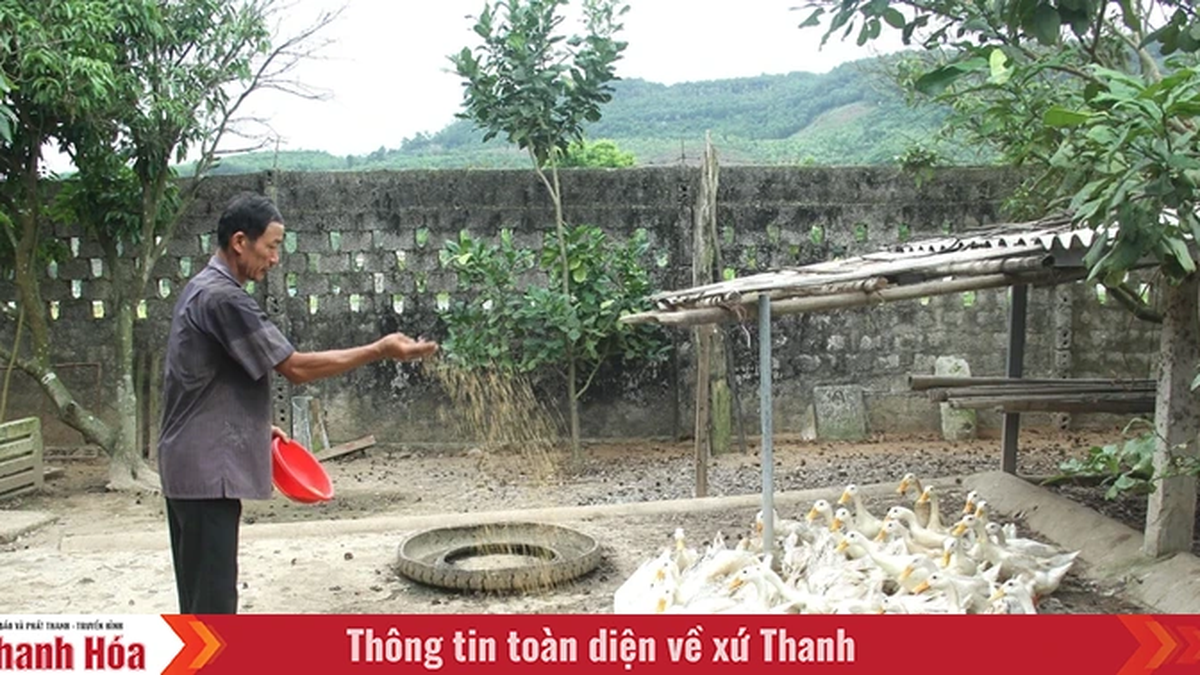
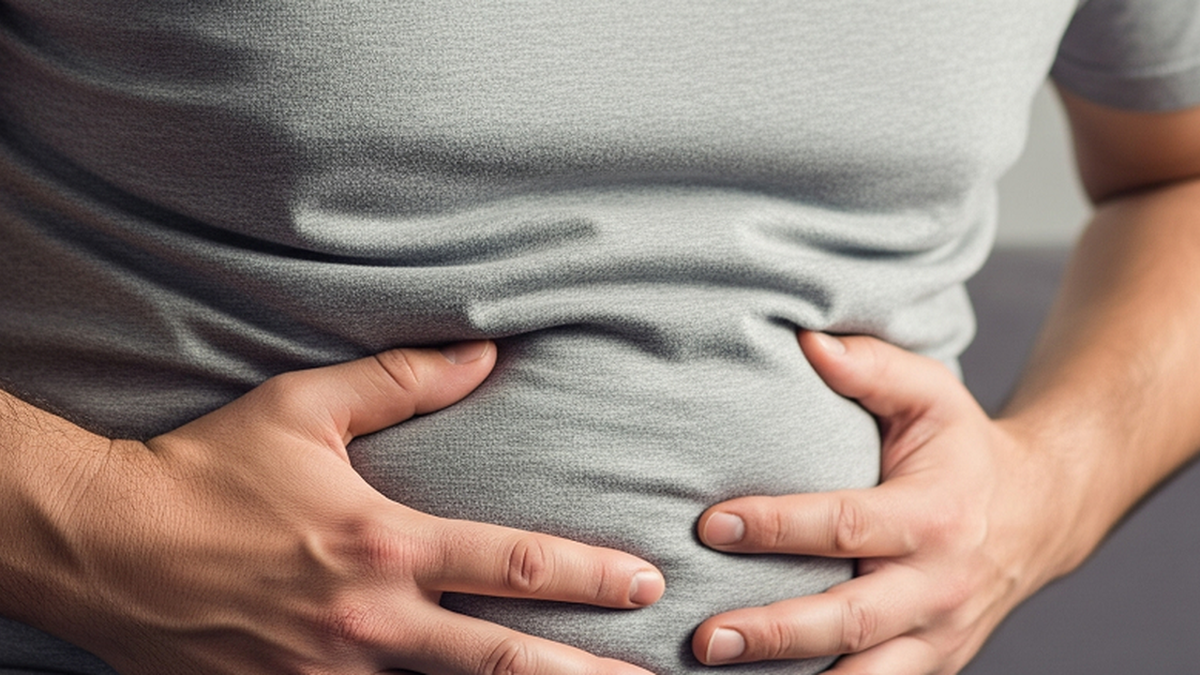

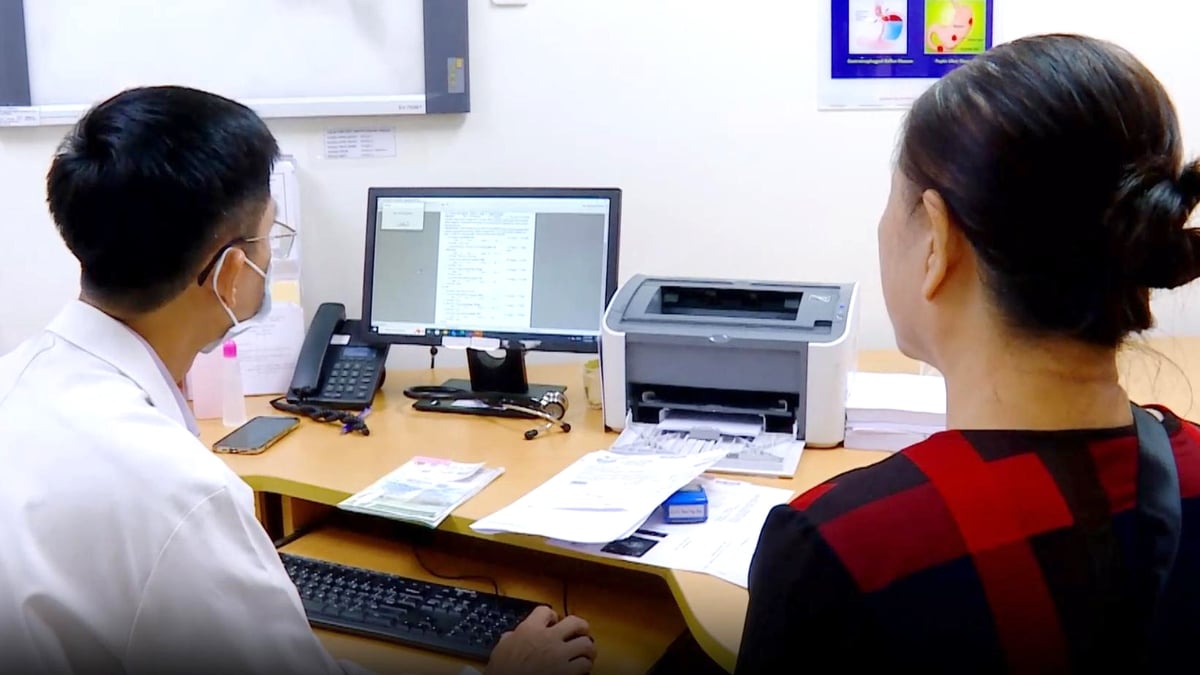
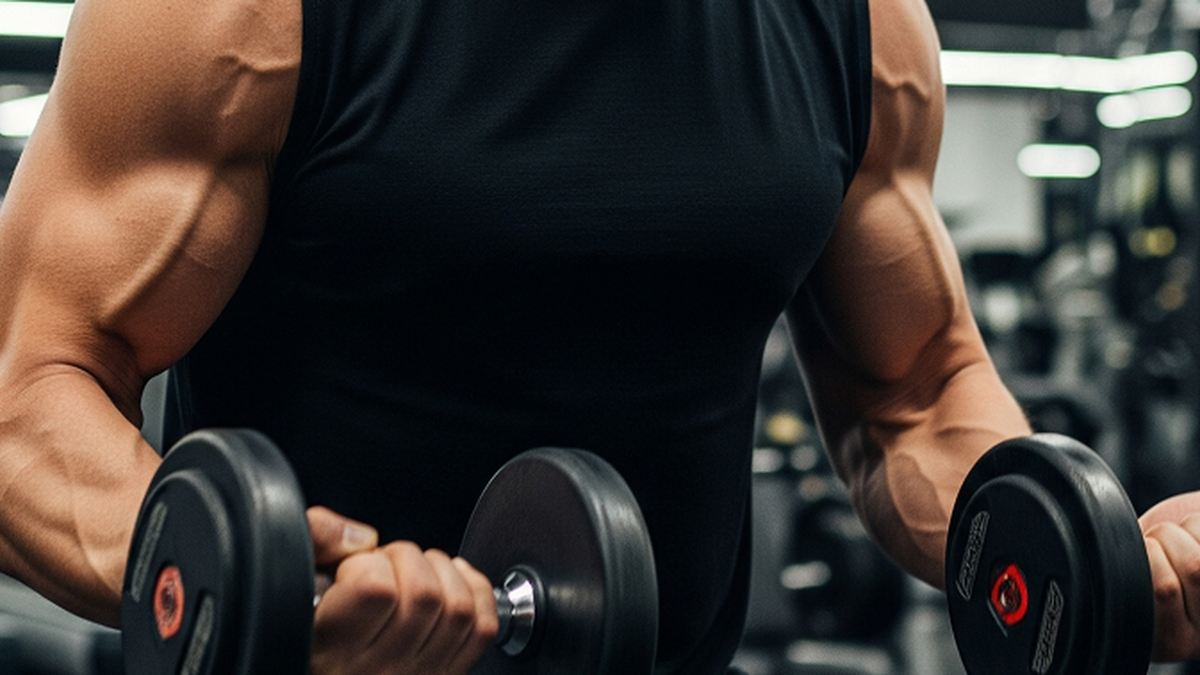
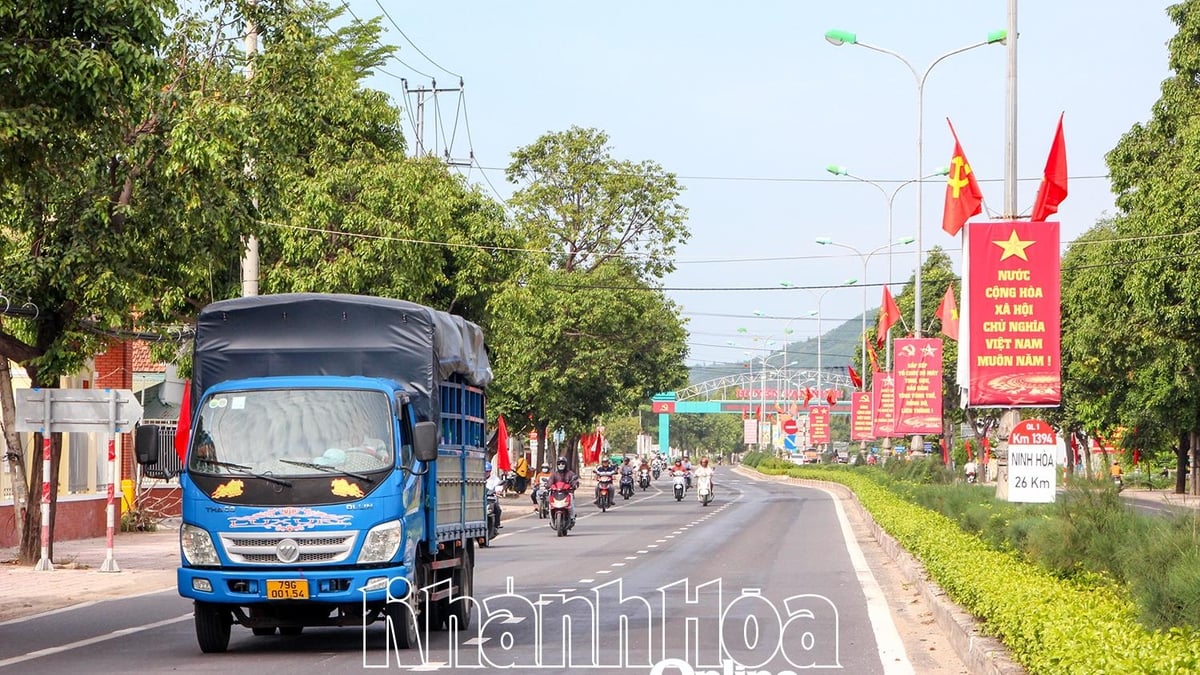












































![[Maritime News] Container shipping faces overcapacity that will last until 2028](https://vphoto.vietnam.vn/thumb/402x226/vietnam/resource/IMAGE/2025/7/30/6d35cbc6b0f643fd97f8aa2e9bc87aea)








































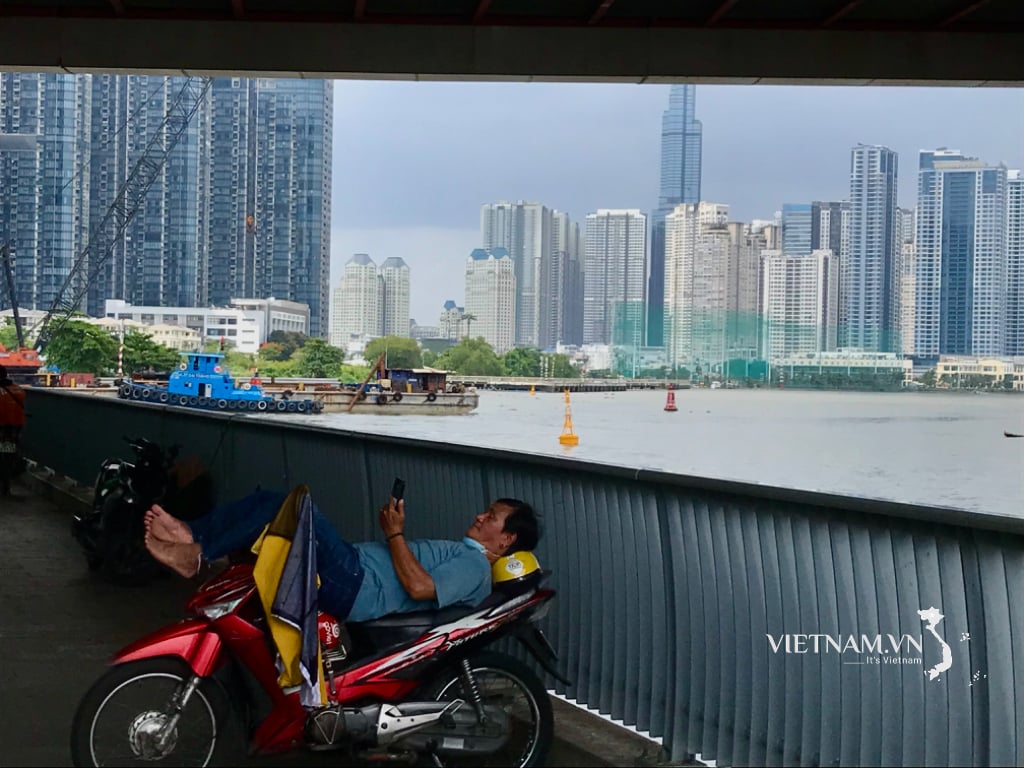
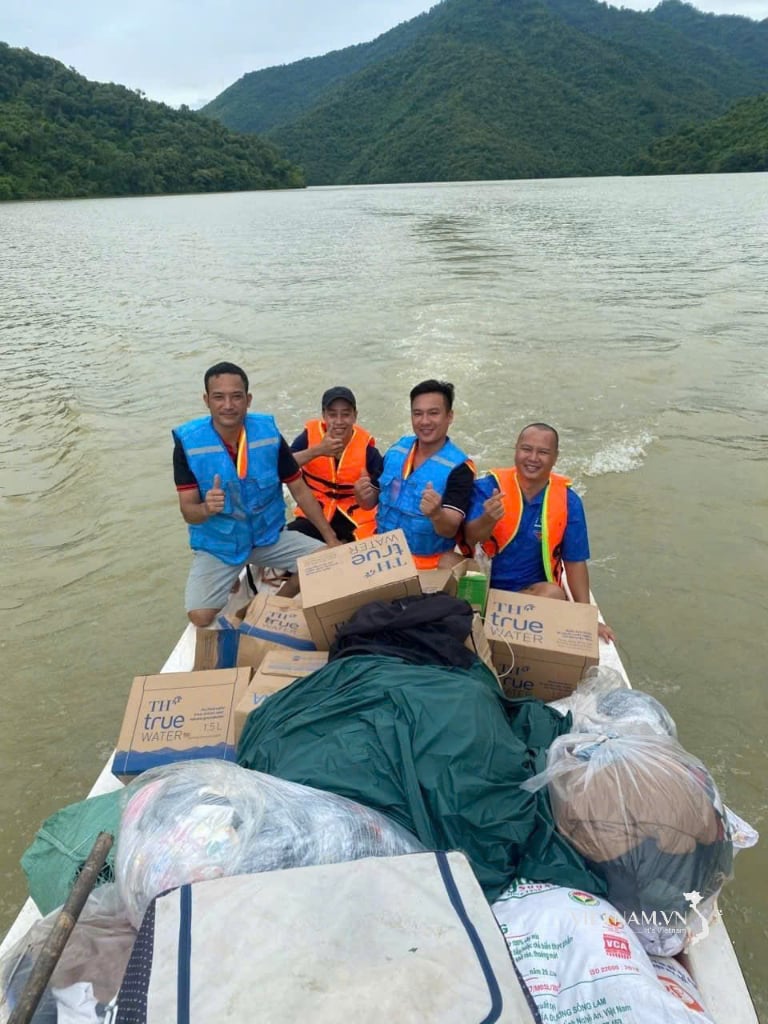
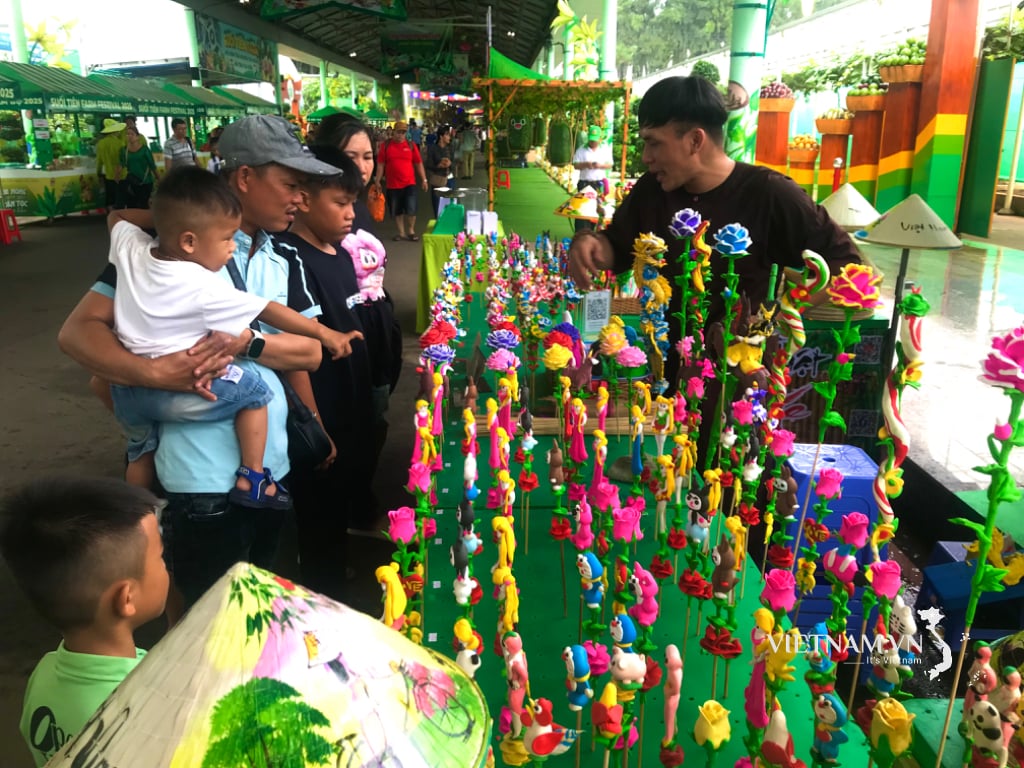

Comment (0)